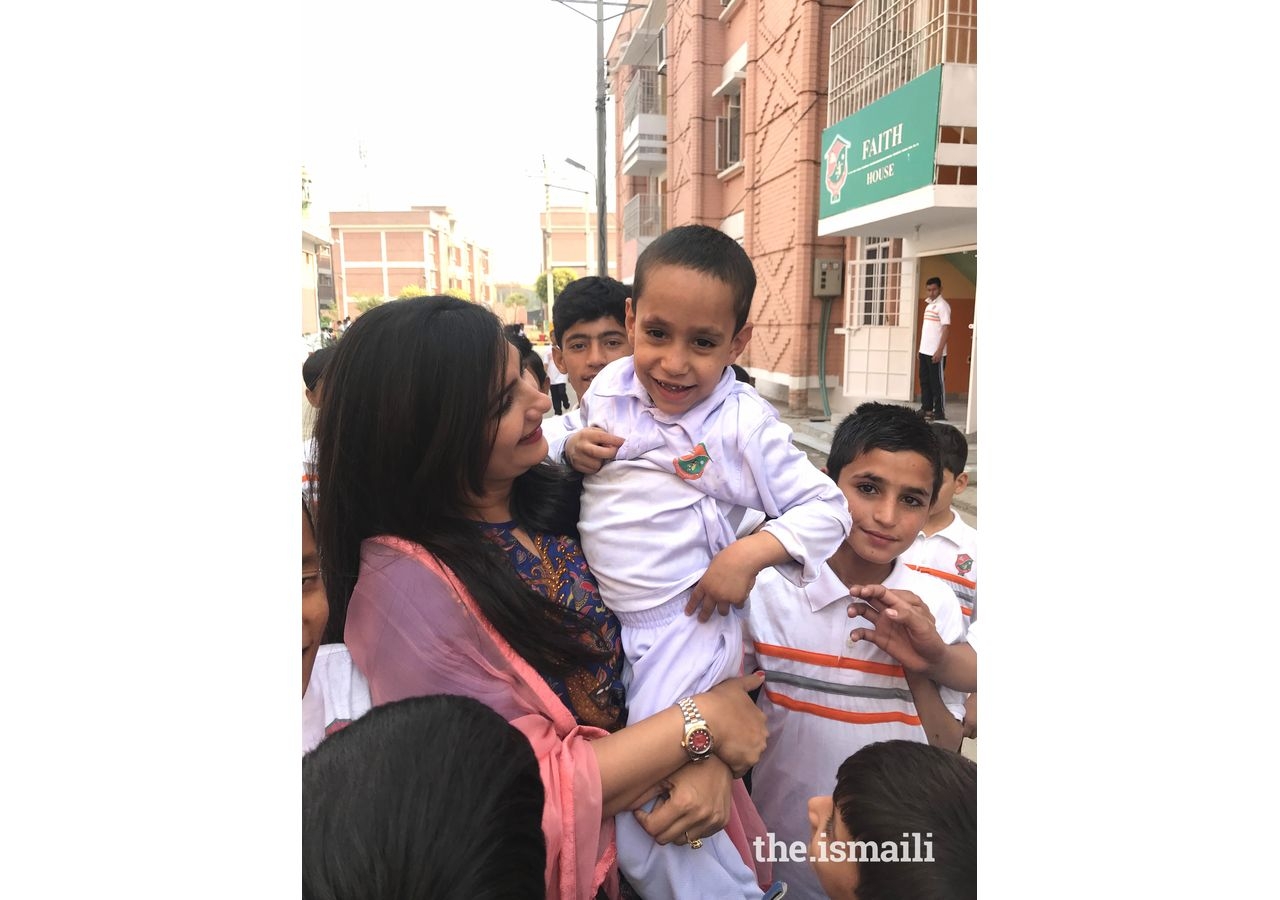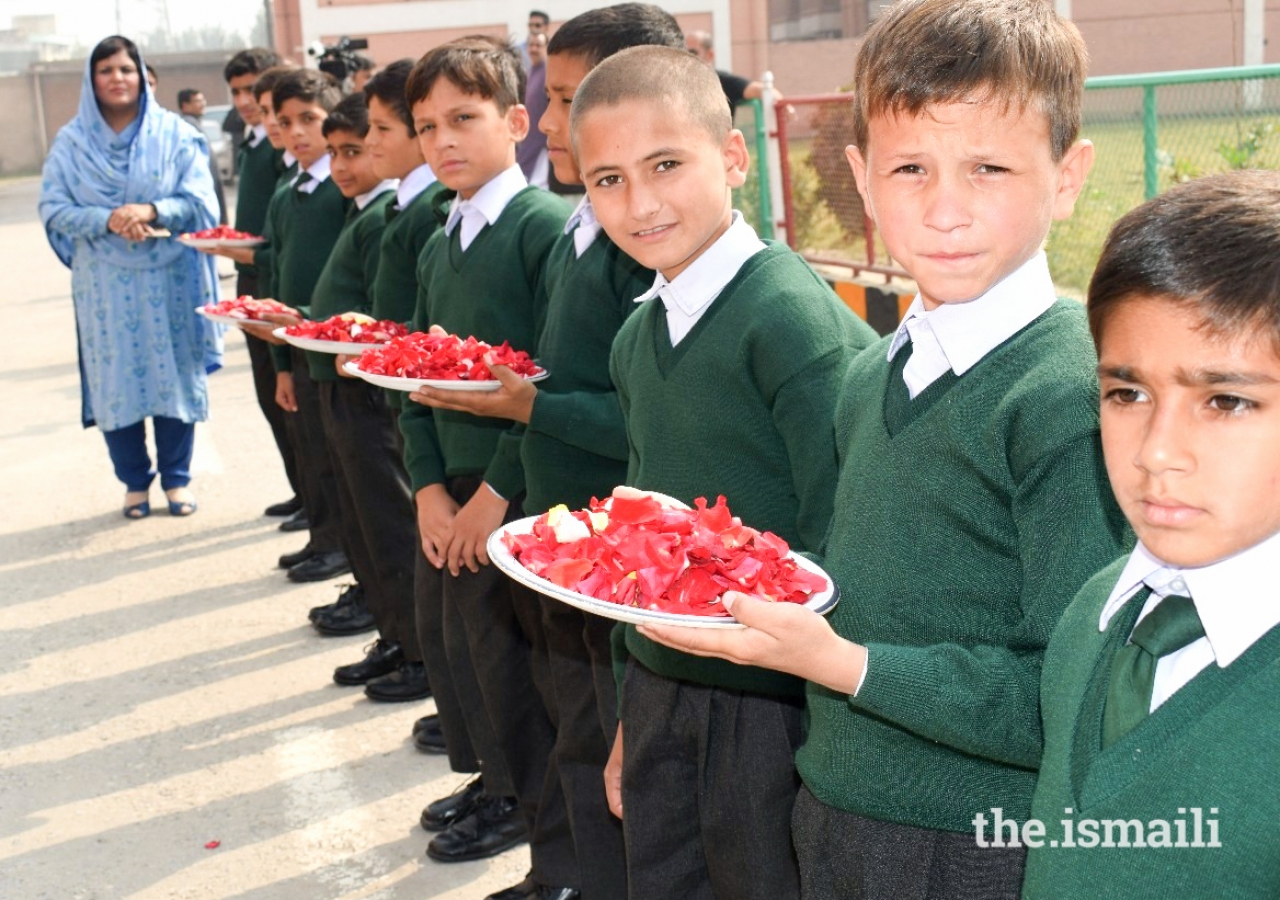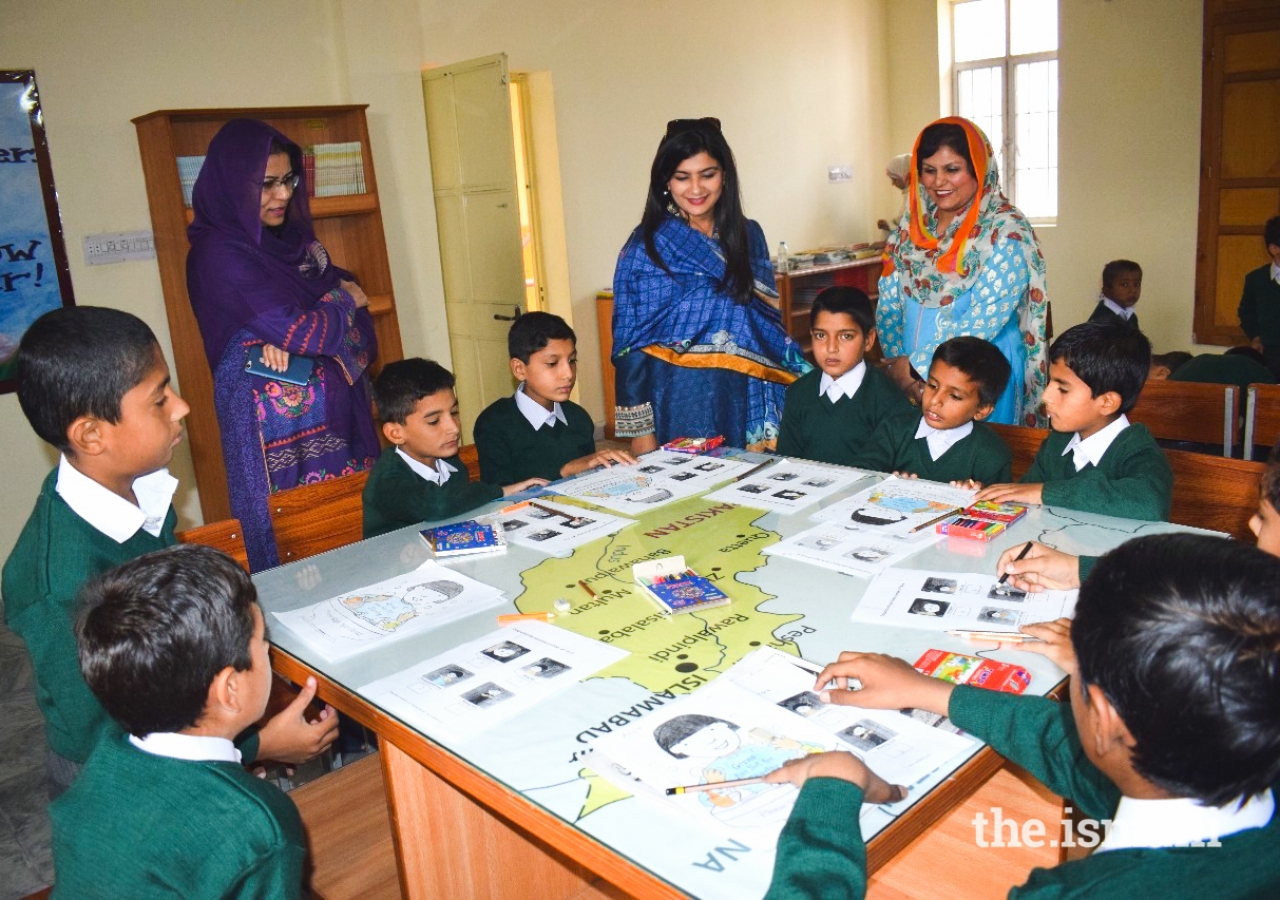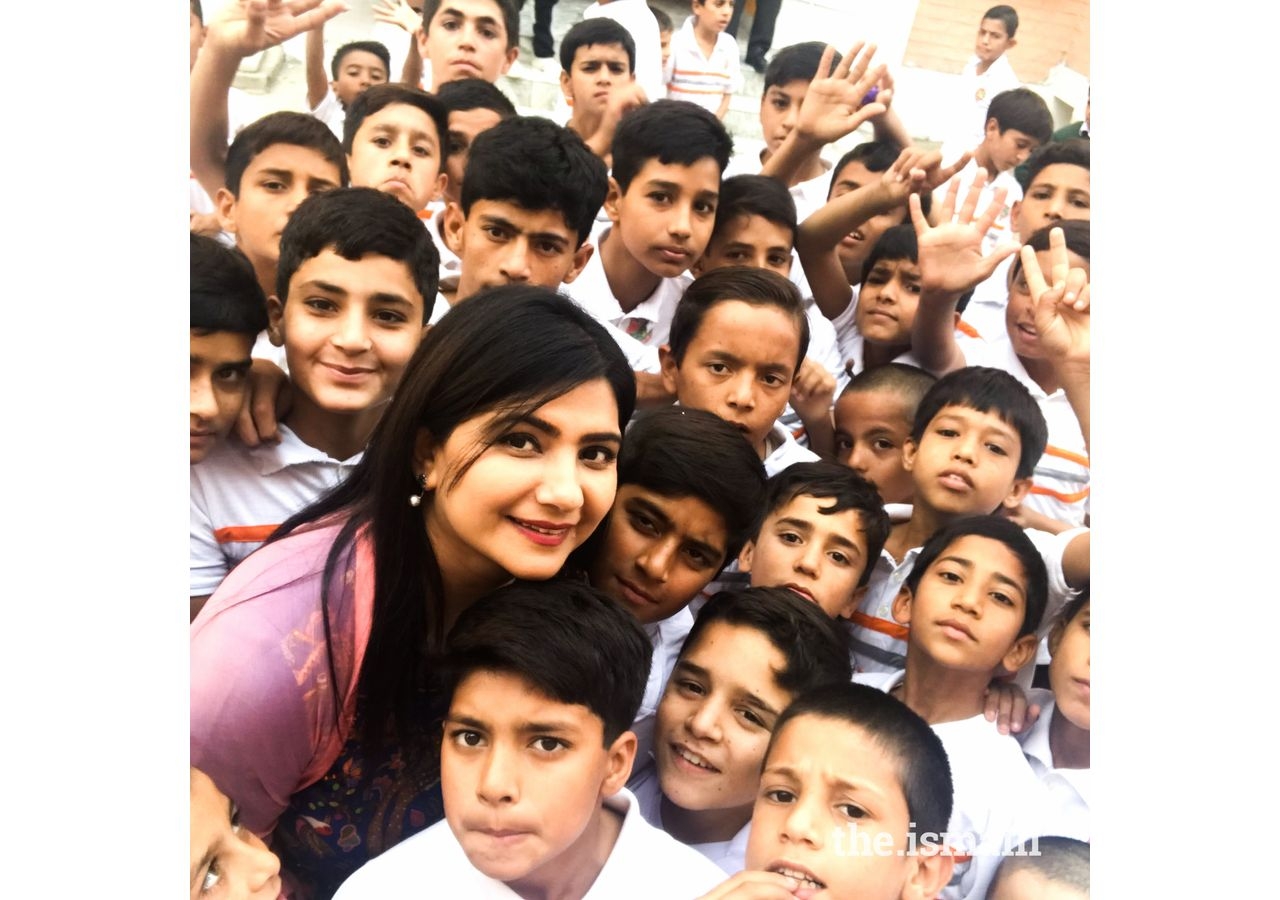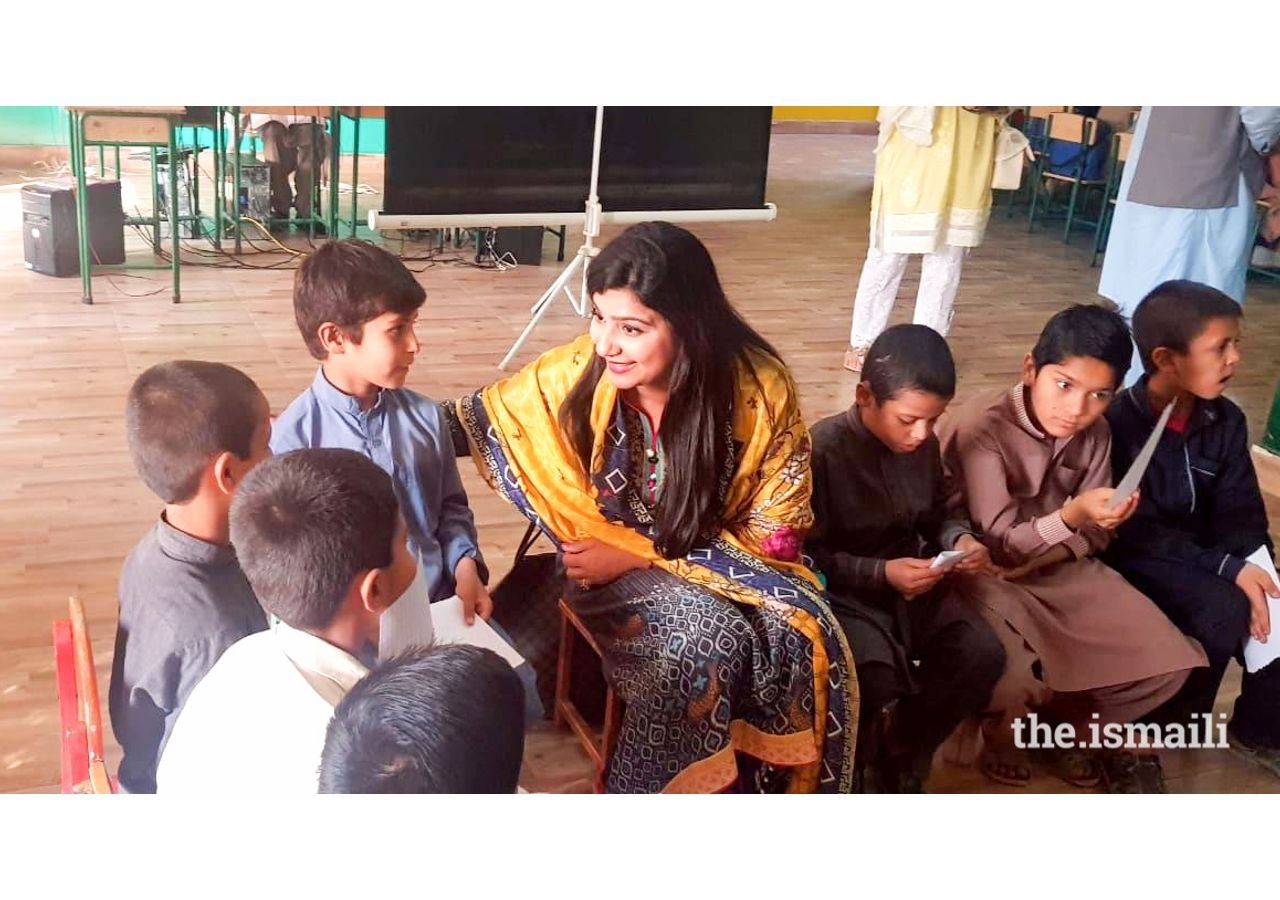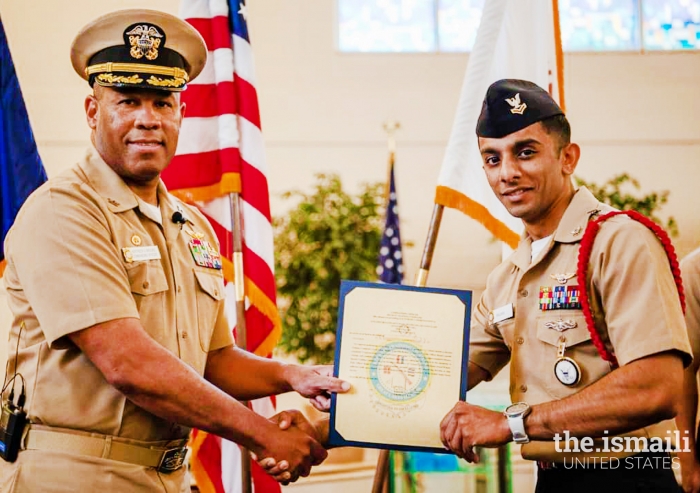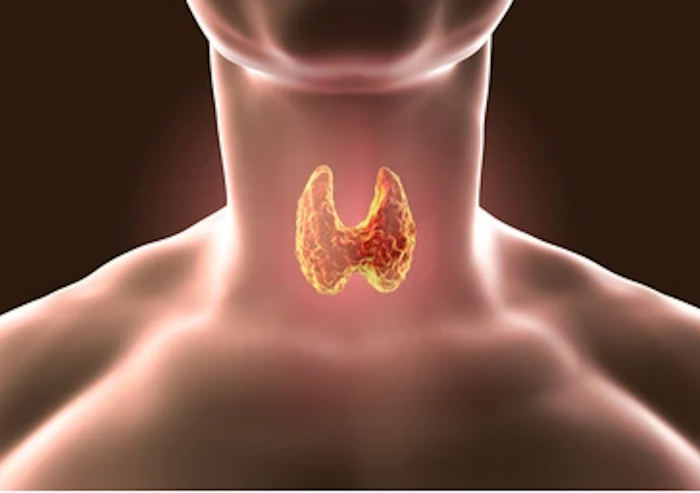Providing this spark of hope is Memphis, Tennessee-based Nasreen Aman’s calling in life. In her case, the spark lights the future of street children living in Northern Pakistan.
A few years ago, Nasreen watched with despair, Pakistan’s Hidden Shame, a BBC documentary about young boys living on the streets in towns and cities across Pakistan. In addition to being homeless, these children are vulnerable, exploited, and hopeless. Heartbroken, she could not sit by and just sympathize; she mobilized to help the very children she was seeing on the television.
Born of this impetus was Spark of Hope, a Tennessee Public Benefit Corporation, that raises funds from various communities in the state to educate vagrant children in Pakistan.
Spark of Hope partners on the ground in Pakistan with two direct services providers: Ran’aa Child Welfare Foundation, which operates a community center with academically and socially nourishing programming for impoverished children to position them to become productive members of society; and Zamung Kor, a state-run initiative to house and educate through eighth grade children who have lost their parents and are destitute. The children enriched are as young as four years old, and the curricular offerings are innovative, including digital proficiency and foreign languages.
With Zamung Kor, Spark of Hope has formalized a Memorandum of Understanding, under which it will tailor its educational offerings to the emotional and physical needs of young children who have only lived in open spaces, may experience claustrophobia easily and may be prone to anger as a defense. Together, the partner organizations will provide state of the art athletic and vocational training, because although not every child will excel in the classroom, each still deserves the chance to a constructive life. Further, Spark of Hope will create continued educational trajectories for these children, once they age out of the Zamung Kor offerings.
The success stories from Nasreen’s work are palpable. They include narratives of children going from scrounging in a dump for saleable materials and earning a pittance, to attending school in crisp uniforms with joy and enthusiasm; and of a mathematically inclined child selling donuts on the street to teaching math to his peers and growing up to pursue engineering professionally.
While Spark of Hope’s financial support today is anchored in the generosity of the South Asian community in Memphis, Tennessee, Nasreen hopes to expand this collaboration to include in-kind offerings from the University of Memphis, in the form of curricular aid and innovation. She also envisions an opportunity for collaboration with the local Aga Khan Youth & Sports Board in Pakistan, in the form of internships for students, as well as cross collaboration with American students looking for opportunities to serve overseas.
Nasreen believes that “education will ignite a spark in these children’s lives to help them move away from desperation and poverty, towards a hopeful tomorrow, with sustainable opportunities for a better future.”
She has certainly put her words to action, bringing hope to these children.
Additional information about Nasreen’s organization can be found at http://Mysparkofhope.org.

